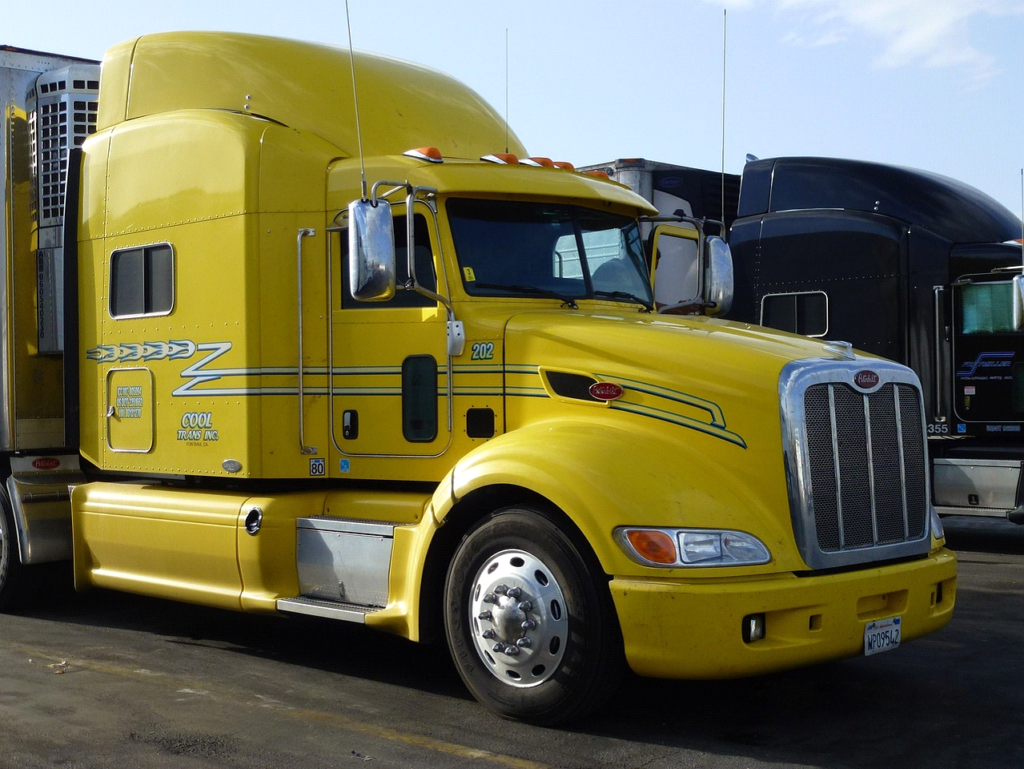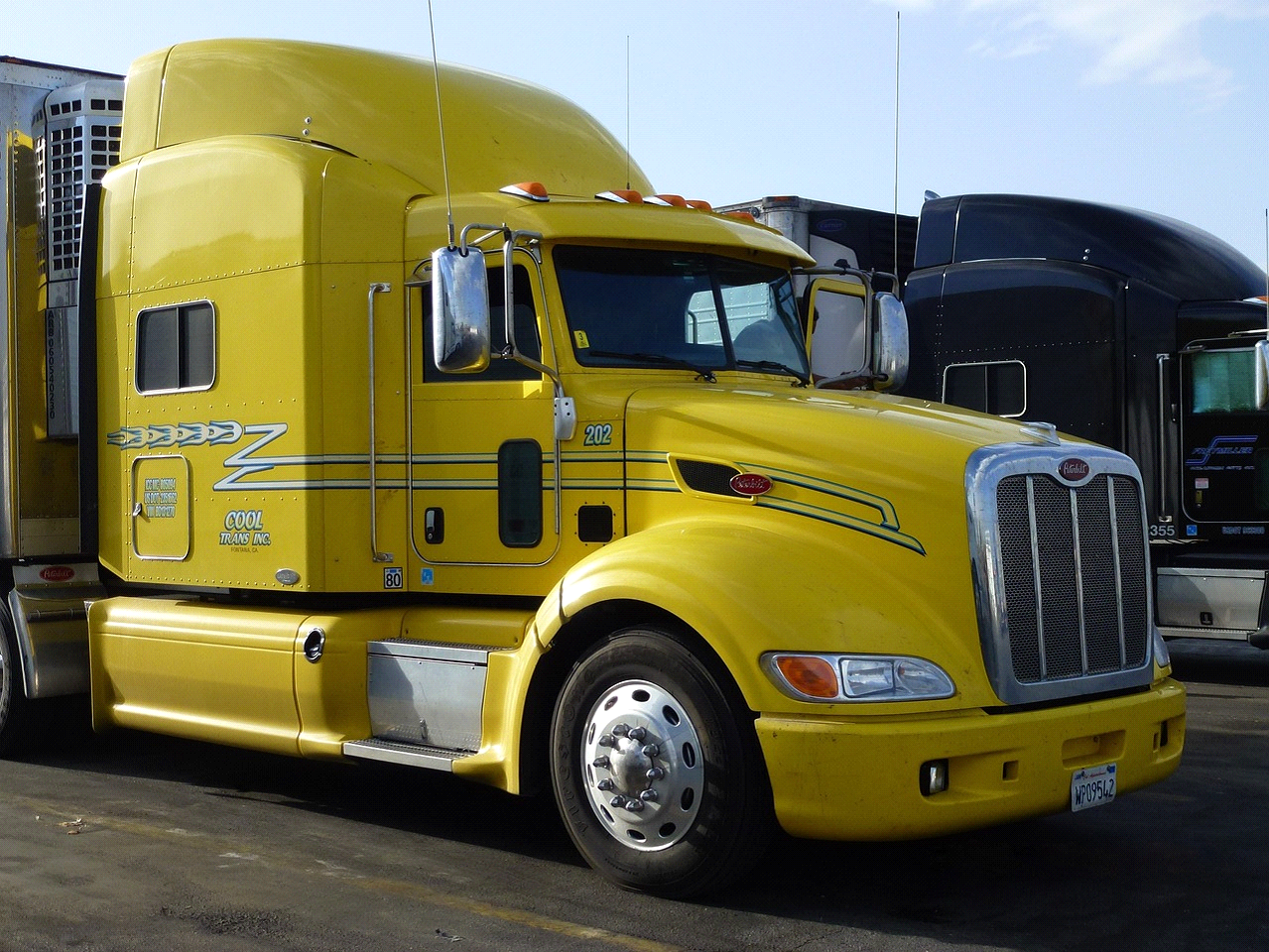Is Your MCS-150 Current? Key Update Reminders
Maintaining an up-to-date MCS-150 form is a legal requirement for all motor carriers under the jurisdiction of the FMCSA. But many carriers forget or delay their biennial update, putting their operations at risk. Staying on top of your MCS-150 updates ensures compliance and avoids potential penalties. In this article, we will review key reminders to help you keep your MCS-150 current and your business running smoothly.
Why It’s Important to Keep Your MCS-150 Current
The FMCSA requires that all entities with a USDOT number submit the MCS-150 biennial update every two years, even if no changes have occurred in your business. This update ensures that the FMCSA has the most current information about your fleet, including:
⦁ Fleet Size (number of vehicles and drivers)
⦁ Cargo Types and Classification
⦁ Operational Data (interstate or intrastate operations)
Failing to keep this information updated can result in the deactivation of your USDOT number, meaning your company would no longer be able to legally operate. In addition, the FMCSA may impose fines of up to $1,000 per day for non-compliance, with a maximum penalty of $10,000.

When Is Your MCS-150 Due?
The deadline for your biennial update depends on the last two digits of your USDOT number. The FMCSA has established a filing schedule that tells you when your update is due based on these digits. For example, if your USDOT number ends in “12”, your biennial update is due in December of the appropriate year (even or odd year, depending on when your last filing was made).
What Changes Require an Immediate MCS-150 Update?
While the biennial update is mandatory every two years, you should also file an update whenever there are significant changes in your business. These changes include:
⦁ An increase or decrease in the number of vehicles or drivers
⦁ Changes to your operating authority (e.g., adding interstate operations)
⦁ Changes in the types of cargo you transport
⦁ A new business address or contact information
Failure to report these changes can lead to incorrect safety data being associated with your company, which could negatively impact your safety rating and compliance status.

How to Stay on Top of Your Updates
To avoid missing your MCS-150 update, it’s crucial to set reminders and use the right tools. Consider the following strategies:
⦁ Set Digital Alerts: Set calendar reminders for your biennial update deadline based on your USDOT number’s last two digits.
⦁ Use a Filing Service: Online services like ⦁ U.S Carrier Registration can help you manage your filings, ensuring that you never miss an update. These services also offer the convenience of online submissions, which are processed faster than paper filings.
⦁ Track Business Changes: Keep a log of any significant changes in your business that would require an MCS-150 update, such as adding vehicles or changing cargo types.
Consequences of Failing to Update
If your MCS-150 form is not current, you risk the deactivation of your USDOT number. This can halt your business operations and cause delays while you go through the process of reactivating your USDOT number. In addition to operational disruptions, you may also face fines and penalties.
Keeping your MCS-150 form current is a key part of staying compliant with FMCSA regulations. Missing an update or failing to report significant changes can lead to severe consequences, including fines and deactivation of your USDOT number. Using services like U.S Carrier Registration can simplify the process and ensure you never miss a deadline, keeping your business running smoothly.

